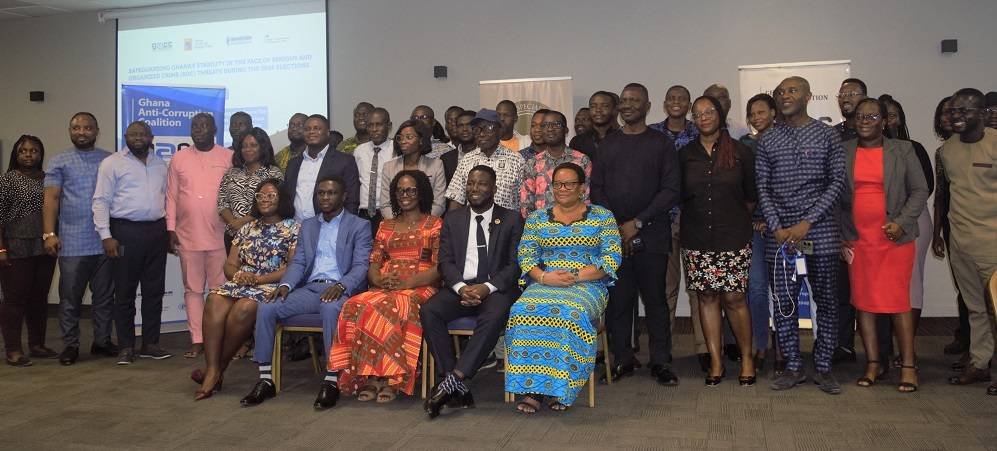
As Americans head to the polls for the final round of voting in their presidential elections, it’s an ideal moment to reflect on the unique features of the U.S. electoral process.
With its distinct system for selecting a leader, the U.S. elections offer valuable lessons that Ghana can consider to enhance its own democratic practices. Here’s a look at some key elements of the U.S. elections and what Ghana could learn from them.
1. Early Voting: Ensuring Access for All
One standout feature of U.S. elections is the *early voting* system. This system provides greater flexibility for voters, especially for those with busy schedules or who live in remote areas. Early voting reduces long queues on Election Day, making the voting process smoother and more accessible. It ensures that everyone—regardless of personal or logistical challenges—has the opportunity to cast their ballot.
For Ghana, introducing early voting could significantly increase voter turnout, especially in rural communities or among those who may find it difficult to vote on the official Election Day. This could also help reduce congestion at polling stations, leading to a more efficient election process.
2. The Electoral College: A Unique System
The *Electoral College* is a defining feature of U.S. presidential elections. In this system, voters in each state choose electors who then formally elect the president and vice president. As a result, the winner of the popular vote does not always become president. A candidate can win the national popular vote but still lose the election if they do not secure enough electoral votes from key battleground states.
In contrast, Ghana’s presidential elections are decided by a *simple popular vote*—the candidate who wins the most votes nationwide is declared the winner.
While the Electoral College system is unique to the U.S. and has faced criticism over the years, it’s an interesting example of how a decentralized system can shape the outcome of elections. Ghana may not adopt this system, but it’s a reminder of the complexities that can exist in the electoral process.
3. Diverse Voting Methods: A Flexible Approach
Another distinctive aspect of U.S. elections is the *variety of voting methods* used across the country. Different states and even individual counties may employ different systems, such as *paper ballots, **optical scan systems, and **electronic voting machines*. This diversity allows states to choose the voting methods that work best for their populations, but it can also lead to inconsistencies in how votes are cast and counted.
While Ghana already uses a *biometric voting system* with paper ballots for presidential elections, adopting more diverse technologies and methods—such as *electronic voting* or *optical scanners*—could streamline the process and enhance transparency. At the same time, it’s important to balance innovation with security to ensure the integrity of the vote.
What Can Ghana Learn from the U.S. Elections?
While the U.S. electoral system has its criticisms, it’s clear that the country’s decentralized approach and focus on accessibility have made elections more inclusive for millions of voters. *Early voting*, in particular, stands out as a key lesson Ghana could adopt to improve voter participation and make elections more convenient for all citizens.
What do you think Ghana can learn from the U.S. voting process to enhance our democracy?
The post Explainer: The US electoral process- A lesson for Ghana first appeared on 3News.
Read Full Story

















Facebook
Twitter
Pinterest
Instagram
Google+
YouTube
LinkedIn
RSS